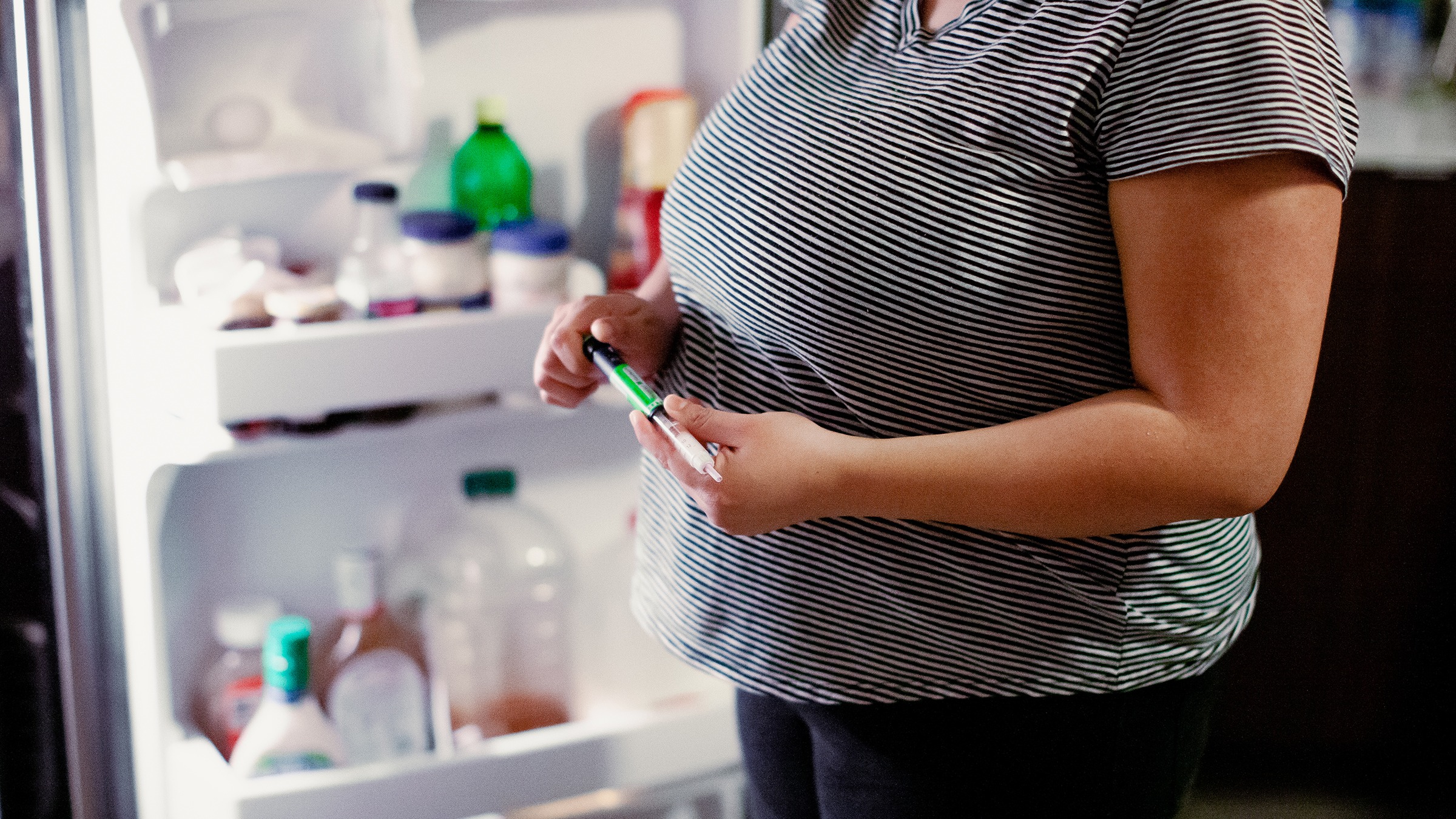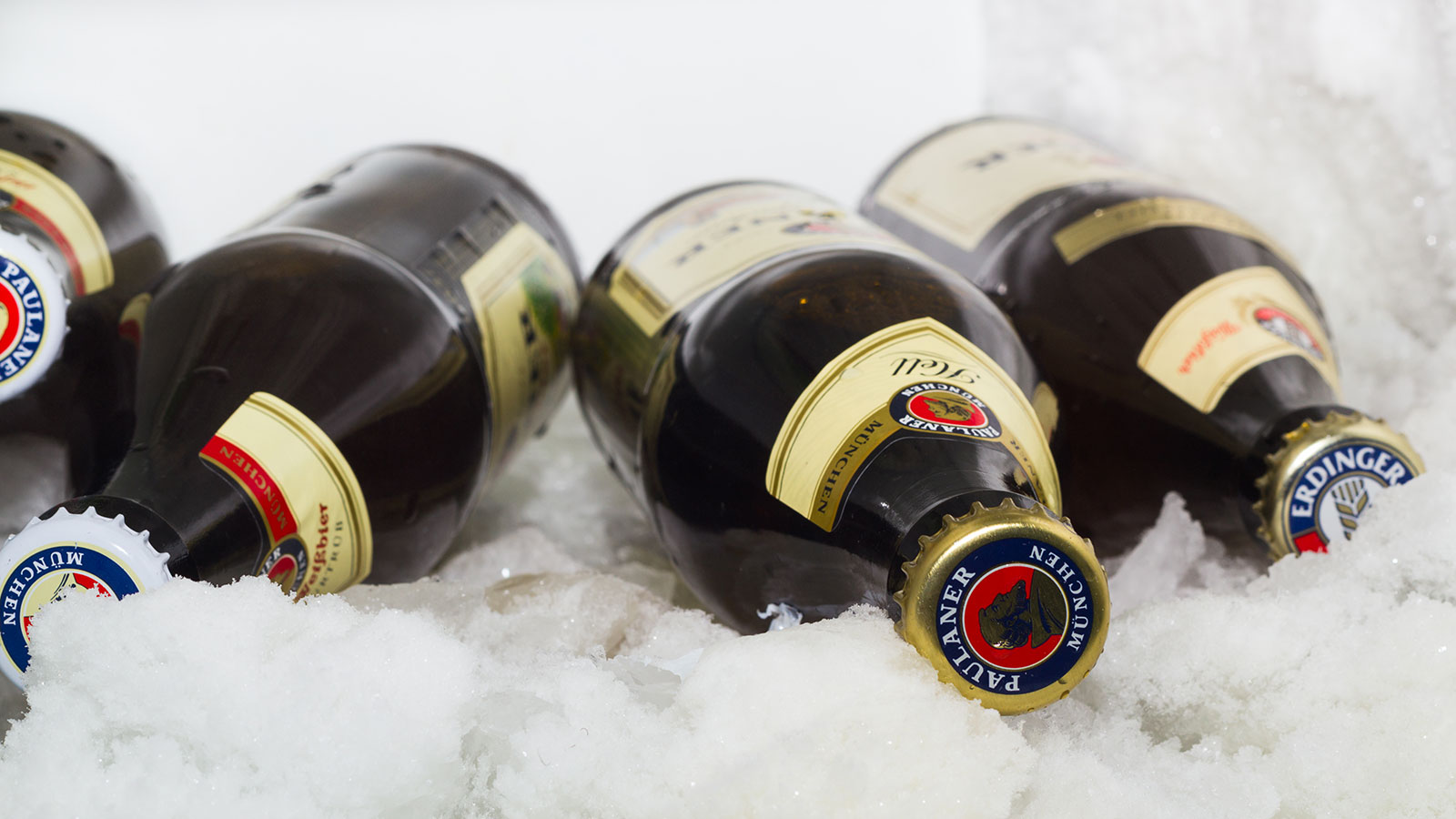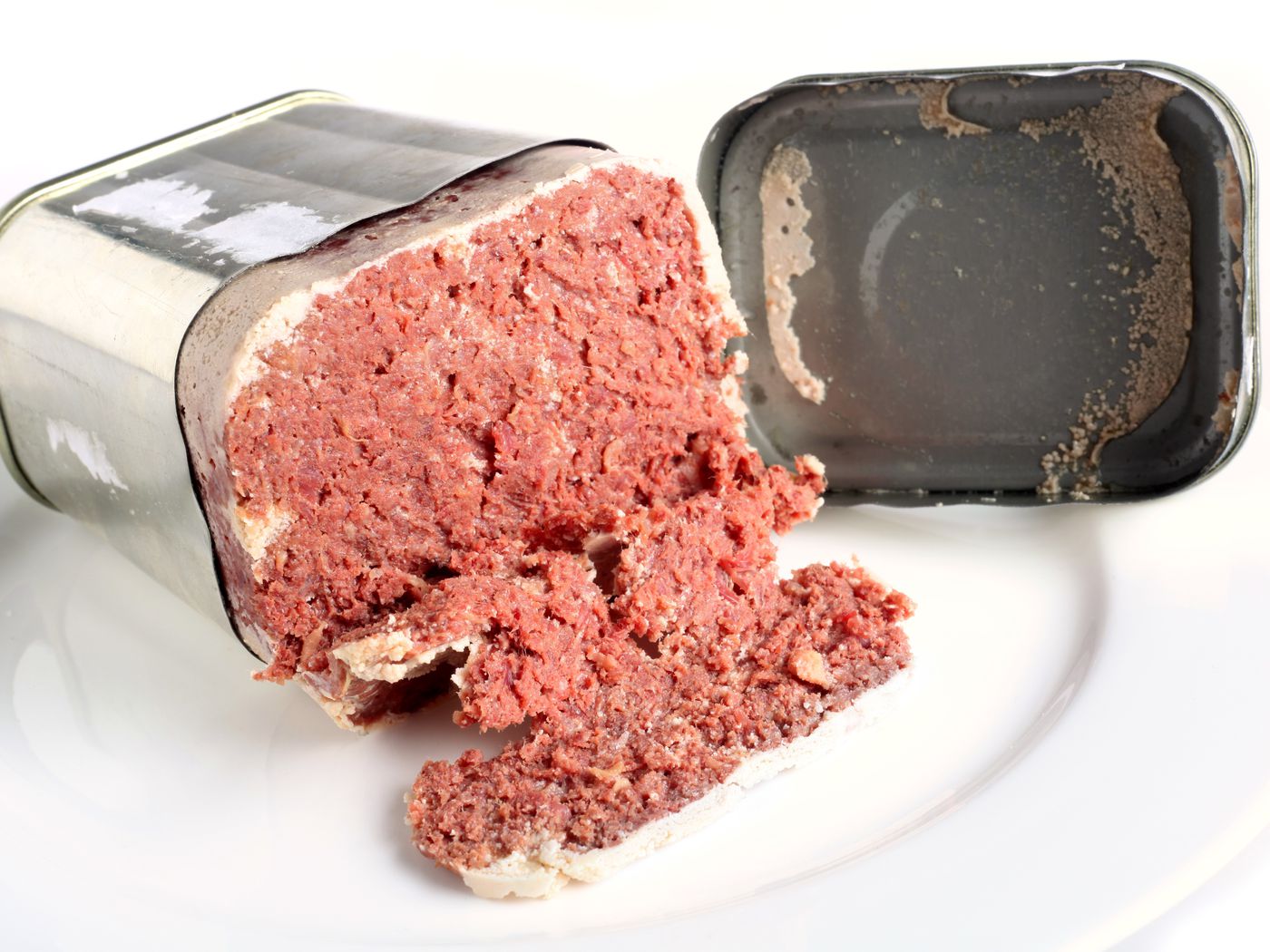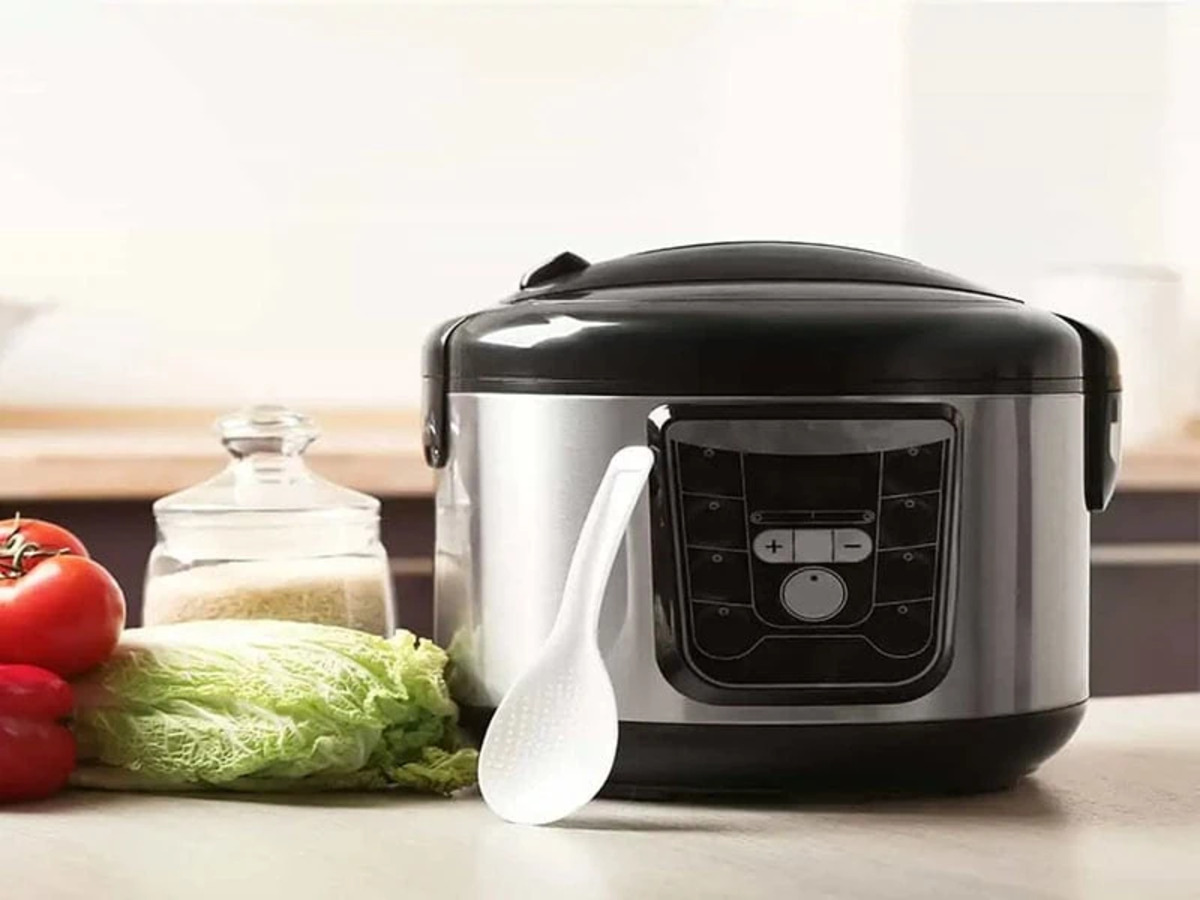Home>Articles>How Long Can You Keep Insulin Out Of The Refrigerator


Articles
How Long Can You Keep Insulin Out Of The Refrigerator
Modified: January 8, 2024
Discover the ideal storage conditions for insulin and learn how long you can safely keep it out of the refrigerator. Read our helpful articles on insulin storage and more.
(Many of the links in this article redirect to a specific reviewed product. Your purchase of these products through affiliate links helps to generate commission for Storables.com, at no extra cost. Learn more)
Introduction
Welcome to the world of insulin, a crucial hormone that plays a vital role in managing blood sugar levels for individuals with diabetes. Whether you are living with type 1 or type 2 diabetes, the proper storage and handling of insulin is essential to ensure its effectiveness and safety. In this article, we will explore the factors affecting insulin stability and provide storage recommendations for both unopened and opened insulin vials, as well as insulin pens. We will also discuss guidelines for traveling with insulin and offer tips for emergency situations. So, let’s dive in and learn how to keep your insulin safe and potent.
Insulin is a hormone produced by the pancreas to regulate the amount of sugar (glucose) in the bloodstream. For people with diabetes, the body either does not produce enough insulin (type 1 diabetes) or does not properly use the insulin it produces (type 2 diabetes). Therefore, insulin therapy is often necessary to help manage blood sugar levels and prevent complications.
Proper storage of insulin is crucial because it is a delicate substance that can lose its effectiveness if not handled correctly. Several factors can affect insulin stability, including temperature, light exposure, air exposure, and expiration dates. It is important to understand these factors and follow storage recommendations to maintain the potency of your insulin.
Key Takeaways:
- Proper storage and handling of insulin, including refrigeration, light protection, and air exposure management, are crucial for maintaining its potency and ensuring optimal blood sugar control for individuals with diabetes.
- When traveling with insulin, planning ahead, carrying extra supplies, and being familiar with airport security guidelines are essential to ensure proper storage and access to insulin, providing peace of mind during the journey.
Factors Affecting Insulin Stability
Several factors can affect the stability of insulin, potentially leading to its degradation and reduced effectiveness. Understanding these factors will help you make informed decisions regarding insulin storage and handling. Here are the key factors to consider:
- Temperature: Insulin is sensitive to temperature extremes. It is recommended to keep insulin between 36°F and 46°F (2°C and 8°C). Avoid freezing as it can render insulin ineffective. High temperatures above 86°F (30°C) can also degrade insulin. Keep your insulin away from direct heat sources such as stoves, hot water bottles, or car glove compartments.
- Light Exposure: Light, especially sunlight and fluorescent light, can affect the potency of insulin. It is important to store insulin in a cool, dark place, away from direct exposure to light. Do not store insulin in clear or translucent containers, as they do not offer sufficient light protection.
- Air Exposure: Insulin can be sensitive to air exposure. Before using insulin, check for any visible signs of deterioration, such as clumps or an unusual color. If you notice any changes, discard the insulin and use a new vial or pen. Additionally, make sure to properly close the insulin vial or pen after each use to minimize air exposure.
- Expiration Dates: Insulin has an expiration date printed on its packaging. It is essential to check the expiration date and not use insulin beyond that date. Expired insulin may not provide the intended blood sugar control and should be replaced with a new supply.
By understanding and effectively managing these factors, you can ensure the stability and potency of your insulin, thereby maximizing its effectiveness in managing your diabetes.
Storage Recommendations for Unopened Insulin Vials
Proper storage of unopened insulin vials is crucial to maintain its potency. Here are some guidelines to follow:
- Refrigeration: Unopened insulin vials should be stored in the refrigerator between 36°F and 46°F (2°C and 8°C). The refrigerator helps maintain a stable temperature and protects insulin from extreme heat or cold. However, avoid storing insulin in the freezer, as freezing can render it ineffective. It is important to note that repeated exposure to temperatures near freezing point can also reduce insulin potency. So, try to store insulin away from the back of the refrigerator where temperatures may fluctuate.
- Protect from Light: Insulin vials are typically made of glass, which can allow light to penetrate. To protect insulin from light exposure, store the vials in their original packaging or alternatively, in a dark container or opaque bag.
- Expiration Dates: Insulin vials come with expiration dates printed on the packaging. Ensure that you check the dates before using the insulin. Expired insulin may not provide the desired blood sugar control and should be discarded.
- Prevent Freezing: While refrigerating insulin is crucial, make sure to avoid freezing it. If the insulin freezes, it can become denatured and lose its effectiveness. Keep the insulin vials away from the freezer compartment of the refrigerator.
- Avoid Extreme Temperatures: Insulin should be protected from extreme temperatures, both high and low. Avoid storing insulin near heat sources such as stoves, radiators, or direct sunlight. Also, do not expose the insulin to extremely cold temperatures, such as leaving it in an unheated car during winter.
Following these storage recommendations for unopened insulin vials will help ensure that the insulin remains potent and effective until its expiration date. Always double-check the labels and packaging instructions for any specific storage requirements provided by the manufacturer.
Storage Recommendations for Opened Insulin Vials
Once you have opened an insulin vial, proper storage becomes even more crucial to maintain its potency and effectiveness. Here are some guidelines to follow for storing opened insulin vials:
- Room Temperature: Opened insulin vials can generally be stored at room temperature (between 59°F and 86°F or 15°C and 30°C) for up to 28 days. This is convenient for easier access and administration of insulin. However, it is essential to check the specific instructions provided by the manufacturer for the particular type of insulin you are using, as some insulin formulations may have different storage requirements.
- Avoid Exposure to Extreme Temperatures: Just like unopened insulin vials, opened vials should be protected from extreme temperatures. Avoid exposing the vials to direct heat or cold, as it can affect insulin potency. Keep the vials away from sources of heat, such as radiators or direct sunlight, and do not leave them in cold areas like an unheated car during winter.
- Protect from Light: Light exposure can affect the potency of opened insulin vials as well. Store the vials in their original packaging or an opaque container to protect them from light. Avoid keeping the vials in clear or translucent bags, as they may not provide sufficient light protection.
- Air Exposure: Minimize air exposure to prevent contamination and maintain insulin potency. Always ensure that the vial is tightly closed after each use. If using a needle and syringe, remove the needle after each injection to avoid drawing in air and introducing contaminants into the vial.
- Expiration Dates: Check the expiration date on the insulin vial. Once opened, the potency of insulin may gradually decrease over time. Discard any opened vials past their expiration dates and replace them with fresh insulin to ensure proper blood sugar control.
By following these storage recommendations for opened insulin vials, you can optimize the effectiveness and safety of your insulin. Remember to always consult with your healthcare provider or pharmacist if you have any specific questions or concerns about storing opened insulin vials.
Insulin can be kept out of the refrigerator for up to 28 days as long as it is stored at room temperature (59-86°F) and away from direct sunlight and heat sources. Always check the expiration date and follow manufacturer’s recommendations.
Storage Recommendations for Insulin Pens
Insulin pens offer a convenient and easy-to-use method for injecting insulin. Proper storage of insulin pens is essential to maintain their effectiveness. Here are some guidelines to follow for storing insulin pens:
- Refrigeration: Unopened insulin pens should be stored in the refrigerator between 36°F and 46°F (2°C and 8°C). The refrigerator helps maintain a stable temperature and protects insulin from extreme heat or cold.
- Room Temperature: Once an insulin pen has been opened, it can usually be stored at room temperature (between 59°F and 86°F or 15°C and 30°C) for up to 28 days. Check the manufacturer’s instructions for specific temperature requirements, as some insulin pens may have different storage recommendations. The advantage of storing insulin pens at room temperature is easy access and convenience.
- Avoid Exposure to Extreme Temperatures: Insulin pens should be protected from extreme temperatures. Avoid exposing the pens to direct heat or cold, as it can affect insulin potency. Keep them away from sources of heat, such as radiators or direct sunlight, and avoid leaving them in cold areas like an unheated car during winter.
- Protect from Light: Insulin pens should be protected from light exposure. Store them in their original packaging or in a dark container to shield them from light. Clear or translucent containers do not provide sufficient light protection and should be avoided.
- Air Exposure: To prevent air exposure and contamination, always keep the cap on the insulin pen when not in use. Additionally, if using a pen needle, make sure to change it for each injection to avoid introducing contaminants into the insulin cartridge.
- Expiration Dates: Insulin pens have expiration dates printed on them. Check the dates before using the pens. If an insulin pen reaches its expiration date, it should not be used, as its effectiveness cannot be guaranteed. Replace it with a new pen to ensure proper blood sugar control.
Following these storage recommendations for insulin pens will help ensure the potency and effectiveness of the insulin. Always consult with your healthcare provider or pharmacist if you have any specific questions or concerns about storing insulin pens.
Traveling with Insulin: Tips and Guidelines
Traveling can present unique challenges when it comes to storing and carrying insulin. Whether you’re going on a short trip or an extended vacation, here are some essential tips and guidelines for traveling with insulin:
- Plan Ahead: Before you travel, make sure you have enough insulin to last the duration of your trip. Consider any potential delays or unexpected events that may require additional insulin supplies. It’s always better to have extra insulin on hand than to run out during your journey.
- Carry a Cooler or Insulated Bag: If you’re traveling by car, train, or any other mode of transportation where you have access to a cooler or insulated bag, it’s a good idea to store your insulin in it. This will help maintain the desired temperature and protect it from extreme heat or cold.
- Carry a Travel-Friendly Insulin Case: Invest in a travel-friendly insulin case that is compact, well-insulated, and designed to keep your insulin vials or pens safe. Look for cases that have built-in temperature control features or come with cooling packs to ensure the right storage conditions.
- Carry a Prescription or Doctor’s Note: When traveling with insulin, it’s advisable to carry a prescription or a doctor’s note with you. This can help clarify why you’re carrying insulin and any necessary medical supplies, especially if you encounter any security concerns or customs inspections.
- Bring Extra Supplies: Along with extra insulin, pack extra syringes, pen needles, or any other necessary supplies you may need during your trip. This will ensure you have everything you need in case of emergencies or if your trip extends unexpectedly.
- Check Airport Security Guidelines: If you’re flying, familiarize yourself with the specific airport security guidelines regarding carrying insulin and insulin-related supplies. Most airports allow insulin and diabetes supplies in carry-on luggage, but there may be limitations on the size of liquid containers for security purposes.
- Keep Insulin with You: Avoid storing your insulin in checked baggage, as it may be exposed to extreme temperatures and conditions. Always keep your insulin and other diabetes supplies with you in your carry-on bag to ensure proper storage and access during your journey.
- Research Medical Facilities at Your Destination: Before you travel, research and note down the locations of nearby medical facilities or pharmacies at your destination. This can be helpful in case you need to refill your insulin supply or require medical assistance during your trip.
By following these tips and guidelines, you can travel with peace of mind knowing that your insulin is properly stored and you have everything you need to manage your diabetes while on the go. Remember to stay organized and plan ahead to ensure a smooth and stress-free travel experience.
Emergency Situations and Insulin Storage
During emergency situations, such as natural disasters or power outages, it is crucial to understand how to properly store your insulin to maintain its effectiveness. Here are some guidelines to follow in emergency situations:
- Coolers or Insulated Bags: If you anticipate a power outage or a situation where you may not have access to a refrigerator, prepare by having a cooler or an insulated bag ready. Fill it with ice packs or frozen gel packs to help maintain a cool temperature for your insulin.
- Keep Insulin Away from Direct Heat: In emergency situations, where air conditioning or proper temperature control is not available, it is important to protect your insulin from direct heat sources. Keep it away from direct sunlight, stoves, or any other heat-emitting objects that could compromise its potency.
- Monitor Temperature Closely: In the absence of a refrigerator or controlled environment, monitor the temperature using a thermometer or temperature strips. This will help you ensure that the insulin remains within the recommended temperature range.
- Use Insulin First: In the event of a power outage or other emergency situations, try to use the insulin from your opened vials or pens first. This will help minimize any potential wastage in case the insulin cannot be stored properly for an extended period.
- Dispose of Damaged Insulin: If your insulin has been exposed to extreme temperatures or compromised in any way during an emergency situation, it is important to err on the side of caution and dispose of it. Damaged or ineffective insulin can negatively impact your blood sugar control and potentially pose health risks.
- Seek Assistance if Needed: If you find yourself in an emergency situation where proper insulin storage becomes a challenge, reach out to local authorities, healthcare providers, or relief organizations for assistance. They can provide guidance and support to help you maintain your insulin’s effectiveness despite the challenging circumstances.
- Replenish Supplies: Once the emergency situation has passed and you have access to proper storage conditions, replenish your insulin supply as soon as possible to ensure you have a sufficient amount on hand.
Remember, always prioritize your safety and well-being during emergency situations. If you have any concerns or questions regarding insulin storage in these circumstances, consult with your healthcare provider or pharmacist for guidance.
Conclusion
Proper storage and handling of insulin are essential for individuals with diabetes to maintain its effectiveness and ensure optimal blood sugar control. Understanding the factors that can affect insulin stability, such as temperature, light exposure, air exposure, and expiration dates, is crucial for maintaining its potency.
When storing unopened insulin vials, refrigeration between 36°F and 46°F (2°C and 8°C) is recommended. Protecting insulin from light and avoiding extreme temperatures is also crucial. Always check the expiration dates and refrain from freezing insulin to maintain its effectiveness.
Opened insulin vials and insulin pens can often be stored at room temperature for up to 28 days. However, it is important to follow the instructions provided by the manufacturer, protect insulin from light and extreme temperatures, and minimize air exposure to maintain its potency.
When traveling with insulin, planning ahead is essential. Carry enough insulin for the duration of your trip, use a cooler or insulated bag when possible, and bring extra supplies. It is also helpful to carry a prescription or doctor’s note and be familiar with airport security guidelines.
In emergency situations, such as power outages or natural disasters, properly storing insulin becomes even more crucial. Using coolers or insulated bags, monitoring the temperature, and disposing of damaged insulin are important steps to ensure its effectiveness.
By following these storage recommendations and guidelines, individuals with diabetes can maintain the potency of their insulin, ensuring optimal blood sugar control. Remember to consult with healthcare providers or pharmacists for any specific concerns or questions related to insulin storage.
With proper storage and handling, you can have peace of mind knowing that your insulin is maintaining its effectiveness, helping you to effectively manage your diabetes and live a healthy and fulfilling life.
Frequently Asked Questions about How Long Can You Keep Insulin Out Of The Refrigerator
Was this page helpful?
At Storables.com, we guarantee accurate and reliable information. Our content, validated by Expert Board Contributors, is crafted following stringent Editorial Policies. We're committed to providing you with well-researched, expert-backed insights for all your informational needs.















0 thoughts on “How Long Can You Keep Insulin Out Of The Refrigerator”